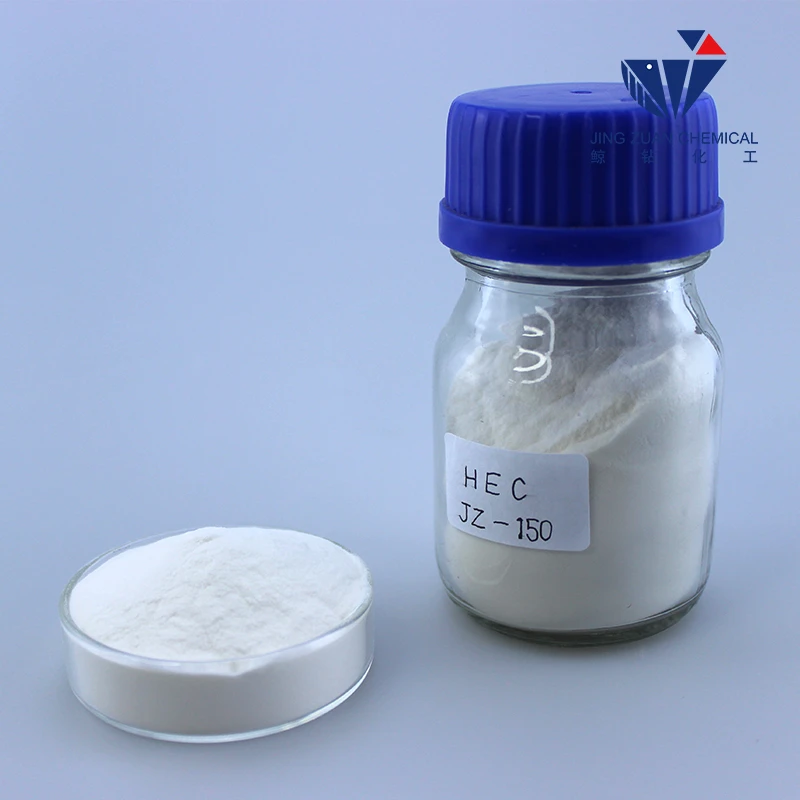
דצמ . 11, 2024 10:14 Back to list
Exploring the Range of HPMC Products for Diverse Applications and Industries
Understanding HPMC Products A Versatile Solution in Various Industries
Hydroxypropyl Methylcellulose (HPMC) is a versatile cellulose ether that plays a significant role in various industries due to its unique properties and wide range of applications. HPMC products are derived from natural cellulose, making them non-toxic and environmentally friendly alternatives to many synthetic materials. This article delves into the characteristics, uses, and advantages of HPMC products across different sectors.
What is HPMC?
HPMC is a semi-synthetic polymer obtained by the modification of cellulose, which is a natural polymer found in the cell walls of plants. During its production, cellulose is reacted with propylene oxide and methyl chloride to form HPMC. This process alters the structure of cellulose, imparting unique functionalities such as water solubility, film-forming abilities, and thickening properties.
Characteristics of HPMC
HPMC exhibits several notable characteristics that make it suitable for a myriad of applications - Solubility HPMC is soluble in cold or hot water, which allows it to be used in both aqueous and non-aqueous formulations. - Viscosity It can be tailored to achieve a wide range of viscosities, catering to different formulations and processes. - Stability HPMC is stable at varying pH levels and temperatures, making it reliable for diverse applications in varying conditions. - Non-toxic Being derived from natural cellulose, HPMC is considered safe for use in food, pharmaceuticals, and cosmetics.
Applications of HPMC Products
HPMC products have found their way into various industries due to their multifunctional properties
1. Pharmaceuticals HPMC is widely used as a binder in tablet formulations, providing essential binding and disintegration properties. It is also utilized in sustained-release formulations, offering a controlled release of active ingredients.
hpmc products

2. Construction In construction materials like mortars and plasters, HPMC enhances workability and water retention. It helps in improving the adhesion of the materials and contributes to their durability.
3. Food Industry HPMC serves as a food additive, acting as a thickening agent, emulsifier, and stabilizer in various food products. It is often found in sauces, dressings, and bakery products.
4. Cosmetics In cosmetic formulations, HPMC functions as a thickener and film-forming agent. It is used in products like lotions, creams, and shampoos to enhance texture and application properties.
5. Agriculture HPMC is employed as a coating agent for fertilizers and pesticides, improving their efficiency and release profiles.
Advantages of Using HPMC Products
The use of HPMC products comes with several advantages - Eco-friendly Being derived from natural sources, HPMC is biodegradable and poses minimal environmental impact. - Versatility Its wide range of applications in different industries highlights its adaptability and functionality. - Improved Performance HPMC enhances the properties of formulations, resulting in improved performance in terms of stability, consistency, and usability.
Conclusion
In conclusion, HPMC products represent a remarkable innovation in the realm of materials, offering sustainable alternatives for various industrial applications. Their unique properties, combined with their eco-friendly nature, make them invaluable in pharmaceuticals, construction, food, cosmetics, and agriculture. As industries continue to seek sustainable solutions, the demand for HPMC products is expected to grow, solidifying its role as a key ingredient in modern formulations. As more discover its benefits, the future for HPMC looks promising and impactful across various sectors.
-
Unlocking the Benefits of HPMC Products: A Gateway to Versatile Applications
NewsAug.07,2025
-
Unleashing the Potential of HPMC Ashland: A Comprehensive Look
NewsAug.07,2025
-
Tile Bonding Cellulose: The Key to Superior Adhesion and Durability
NewsAug.07,2025
-
Hydroxypropyl Methylcellulose Powder: The Versatile Component in Modern Pharmaceuticals
NewsAug.07,2025
-
Hydroxyethyl Cellulose: The Versatile Solution for Various Industries
NewsAug.07,2025
-
Hydroxyethyl Cellulose (HEC): The Versatile Polymer for Various Applications
NewsAug.07,2025







